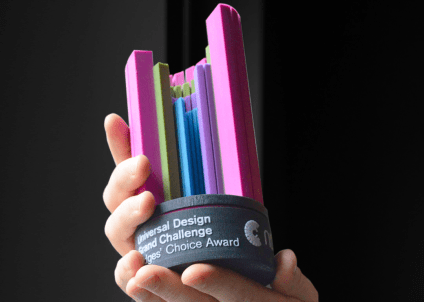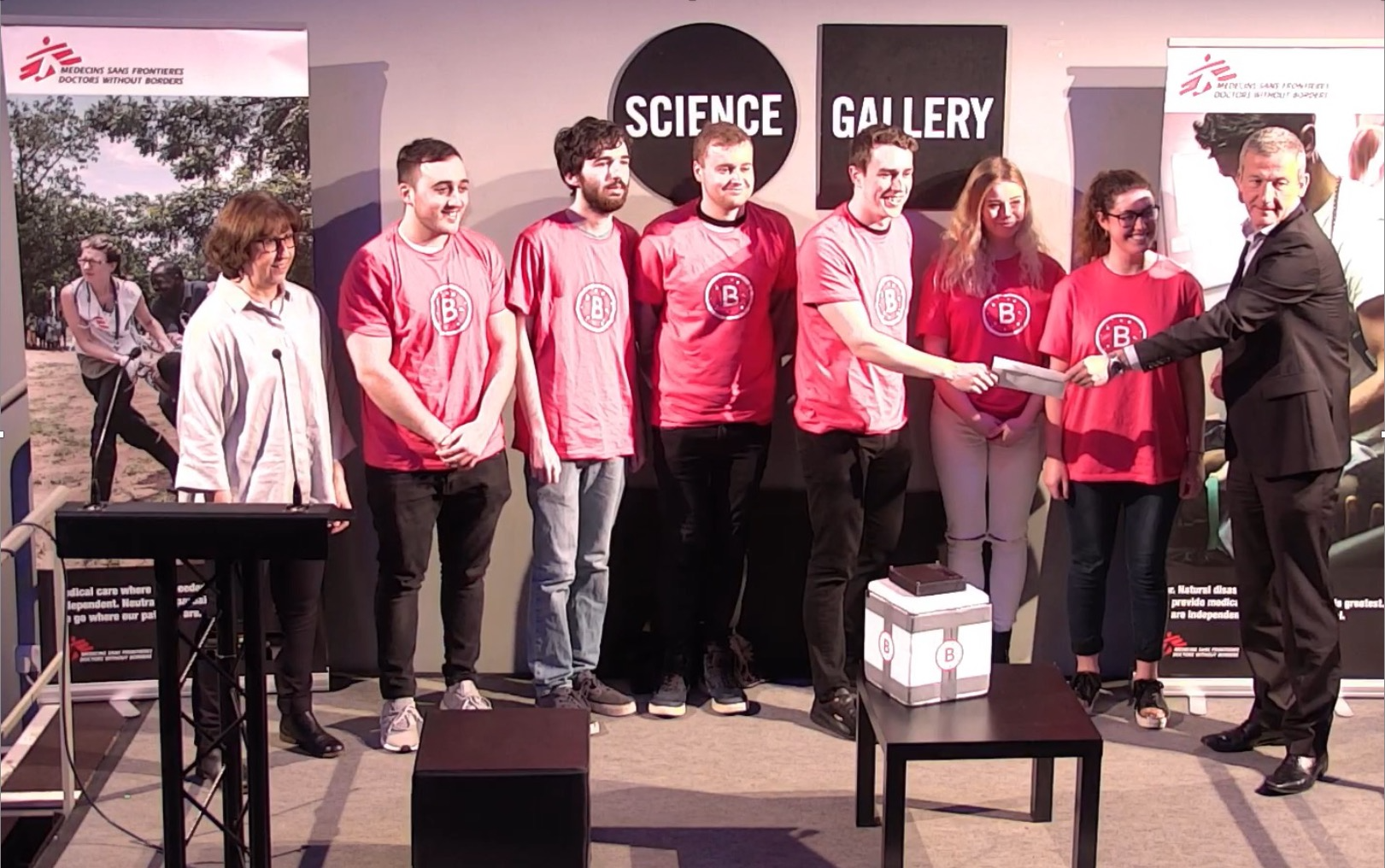2021 was a real challenge for the Synergy class. All lectures were online, many of our partners were unavailable due to the pandemic. However, the students rose to these challenges and have produced some fantastic projects.
This year the class expanded to include 4th year Computer Science, 4th year bio-engineering and MSc in BioEngineering. This resulted in 14 teams working on projects that included apps to help people to take their drugs on time, make hospital operating rooms more efficient, or provide a bartering service for refugee camps. Many more great ideas have been developed into working prototypes.
We are immensely proud of the solutions that the students have created. Each team has produced a 2 minute video summary and a text summary of their project, listed below. Some of the projects are now open source with the details in the project summaries.
Team 1 PRMAssist
PRMAssist is an accessibility app aimed at making the process of navigating airports an easier experience for Passengers with Reduced Mobility (PRM)
TEAM 2 Clini-Link
Clini-link is a web app built to connect clinicians who have project ideas with qualified and capable design engineers
TEAM 3 APOYO
Apoyo is a malnutrition tracking service built for Honduras
TEAM 4 Hidden Helper
An application which allows human rights monitors to gather and send reports on human rights abuses but masks what they are doing
TEAM 5 RegX
Ensuring that patients take their vital prescriptions on time
TEAM 6 Trinity Triage
Trinity Triage is a cross platform mobile app which has the aim to allow non-medical staff to identify how severe the patient condition is and to present their symptoms
TEAM 7 Krisis Kontrol
An application that will allow access to crucial information for the victims of crisis when in need.
TEAM 8 Epitrack
An app to enable better tracking of diseases and epidemics in the global south
Team 9 Dzaleka Link
An app that creates a virtual market place for residents of the Dzaleka Refugee camp in Malawi
TEAM 10 SmoothOp
Streamlines the flow of patients into the operating room
TEAM 11 SanAqua
A mobile phone app to count colonies in cell cultures
TEAM 12 MIRA
A home monitoring app for chronic illnesses, diabetes and hypertension
TEAM 13 BeaumontOCRApp
Group_13_Summary Paragraph
a mobile application which will be used by the clinicians that are printing out the labels, as a pre-emptive system to flag mislabelled samples prior to being sent to the laboratory for analysis
TEAM 14 Repill
An app that verifies the authenticity of drugs supplied as 3D printed Oral Dispersible Films





